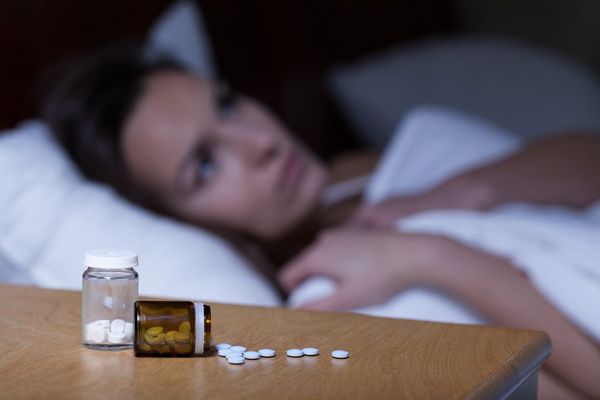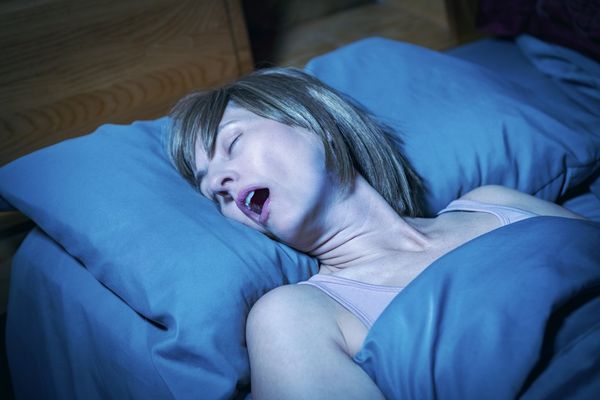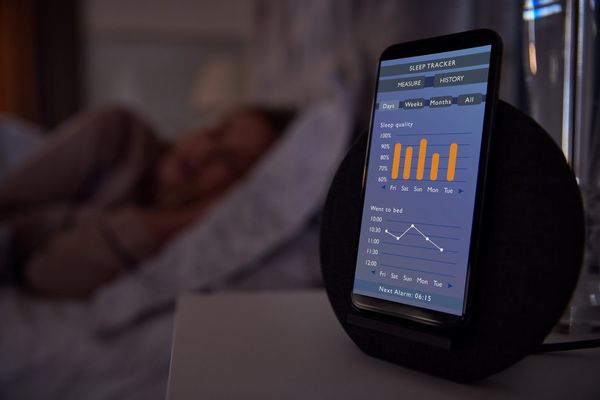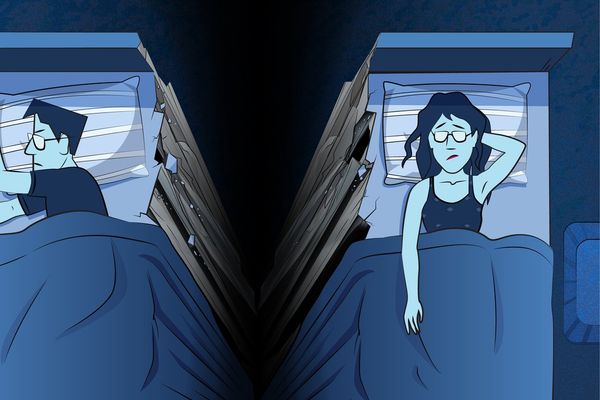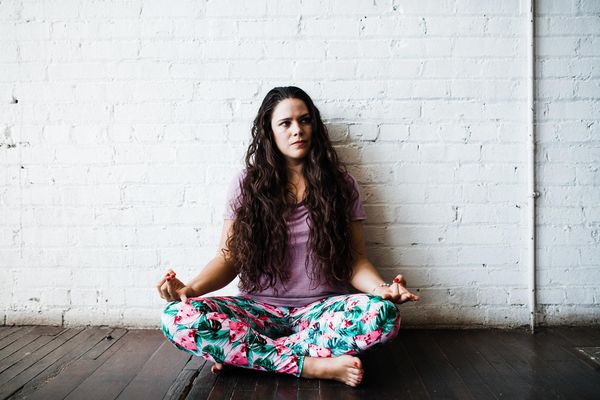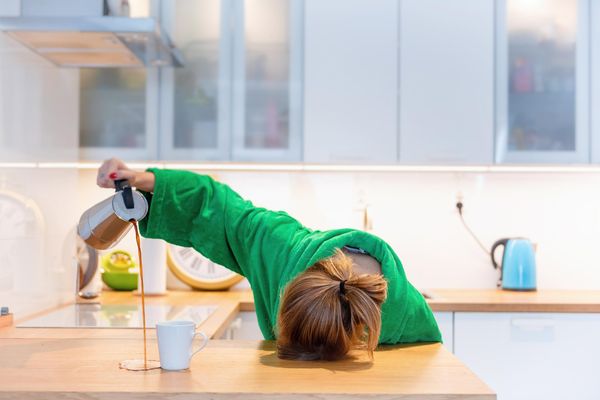We've all had days where we aren't as well rested as we'd like. We yawn our way through the day, hoping that next cup of coffee will do the trick. And when bedtime finally arrives, we have a mini celebration.
I've had those days, and they can be tough. We at HealthyWomen know the importance of a good night's sleep. Without proper rest, something—whether it's your job, your health, your relationships, or something else—will suffer. The question is: How tired do you have to be for it to be considered a real problem? Being tired is certainly limiting, but being excessively tired can become an intrusive issue in someone's life. This is why we want to make women aware that some people with obstructive sleep apnea, the most common form of sleep apnea, may be experiencing a medical condition called excessive daytime sleepiness when they can't seem to escape that "always tired" feeling during the day.
While it is estimated that 9 percent of women have sleep apnea, it is believed that many women go undiagnosed or misdiagnosed because of how they describe their symptoms and they may be less likely to complain about their symptoms like ‘snoring' given that many think it isn't ladylike. When you layer in this common symptom of daytime sleepiness, it is likely that many women are going through their days really tired not realizing what is actually causing it. We have thousands of women coming to HealthyWomen.org each month looking at articles about various sleep issues. Sleep is a very important topic for our readers.
The constant struggle to stay awake can have major—and negative—effects on someone's life. Excessive daytime sleepiness related to sleep apnea can lead to memory problems and brain fog. And with this different kind of tired, people with sleep apnea can even increase their risk of motor vehicle accidents. The emotional and physical toll of this condition is not something to be taken lightly.
To better understand what people with excessive daytime sleepiness due to sleep apnea experience, check out this article on what sleep apnea patients have to say about their excessive daytime sleepiness.
If you or someone you know has sleep apnea, take a moment to see if they have any symptoms of excessive daytime sleepiness. If you or they do, speak to a healthcare professional. Excessive daytime sleepiness related to sleep apnea can go undiagnosed for years because people might not recognize their symptoms or are using things like caffeine to attempt to stay awake. Coffee, while delicious, is not the answer! Your healthcare professional will likely ask you to complete the Epworth Sleepiness Scale, which is a common tool used to evaluate how likely a person is to fall asleep during daily activities.
For more information on the link between sleep apnea and excessive daytime sleepiness, view this helpful resource.


